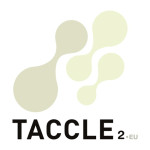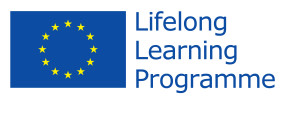A classroom favourite is getting your students to write a song, poem or mnemonic to help them to remember a sequence. This could be the colours of the rainbow (Richard Of York Gave Battle In Vain), or the planets of the solar system My Very Easy Method Just Speeds Up Naming Planets Or the electromagnetic Full Article…
ET turns ugly
We love Dvolver as a foolproof way of introducing children to movie-making and animation. It’s free, easy to use and just right for 7-10 year olds. Nic has produced a full lesson plan on how to use it in your classroom.
Light, shadows and Me.
Age 6-7 years Ease***** Overview This is great for helping learners recognise the difference between natural and artificial light sources. It also tackles the tricky subject of what is and what is not a light source. Description Make a list of things that ‘give out light’. List everything children suggest, even if they are technically Full Article…
History hunt
Age 6-7yrs Ease ***** Overview: Many young learners find the concept of chronology a difficult concept to learn, especially in the context of longer periods of history. We adapted this idea from a similar project on dinosaurs created for older learners. Pupils will create a folding timeline book displaying modes of transport, or Full Article…
Line and Path Maths
Age: 9 -12yrs Ease **** Overview Google Earth has been around for some time but it continues to offer opportunities for great cross-curricular teaching and learning. Here, we used the the Line and Path measurement tools to find distances that are challenging to measure. For ease of writing, Google Earth is sometimes referred to as Full Article…
Time is an illusion!
Age: 7-12yrs Ease: *** Overview Understanding how the world and everything in it changes over time is essential in order to understanding the concept of a day, week, season, year and the general concept of ‘time’. The children will have the opportunity to analyse how an object changes over time, be it a plant growing, Full Article…





 English
English Nederlands
Nederlands Deutsch
Deutsch Italiano
Italiano Español
Español Português
Português Română
Română Cymraeg
Cymraeg